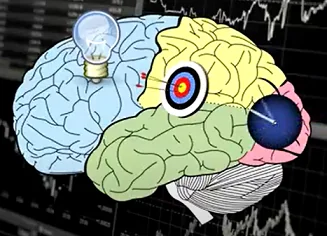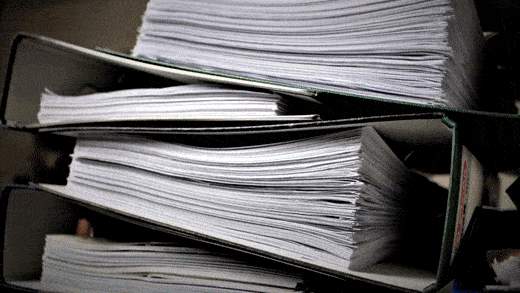Precognition 101
What Causes It
 | Recent studies have linked precognition to brain activity in areas related to memory and future planning. Some studies even observed neurons firing up a fifth of a second before a conscious decision is made. Additionally, psychological factors like openness to the experience, emotional state, and personality traits might play a role. |
 | Strong emotions have a significant influence on the content of precognition. This can be derived from direct experiences or from external sources like books, shows, and movies. External factors like economic pressures, work challenges, and societal issues can influence the content of precognitive experiences through heightened anxiety or awareness. Similarly, hormonal changes, illnesses, and stress, which can impact brain function and emotions, might be indirectly related to precognitive experiences. |
 | Precognition has shown to have social-orienting aspects. This is evident in instances where individuals dream of a long-lost friend and later discover that the friend experienced an accident at the exact time of the dream. Some precognitive dreams incorporate multiple random elements related to a person, and subsequent events align with those elements, creating a sense of connection or a self-fulfilling interaction that wouldn’t have happened otherwise. |
 | Precognition is more likely in those with personality disorders, mood disorders, addictions, unresolved feelings, near-death experiences, past trauma, openness to mystical ideas, perceived self-influence over luck, and frequently updating beliefs. It’s important to remember that these connections are still being explored. More research is needed to definitively link these factors to precognition. |